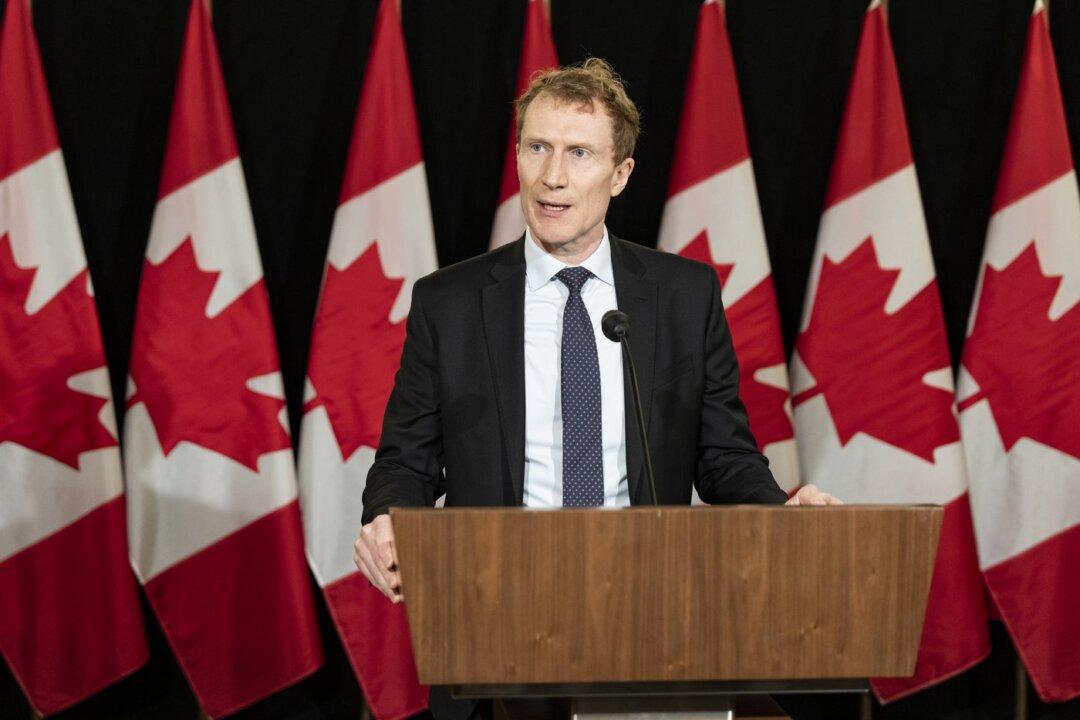International students starting a study program as part of a curriculum licensing arrangement will no longer be eligible for the Post Graduation Work Permit (PGWP) as of September 2024.
That’s because beginning Sept. 1, postgraduate work permits will no longer be available to public-private institution models. Immigration Minister Marc Miller announced the change this week as part of Ottawa’s two-year cap on the number of study permits it approves. The government plans to reduce the number of new student visas by 35 percent in a bid to lessen the pressures on housing, health care, and other services in Canada.





